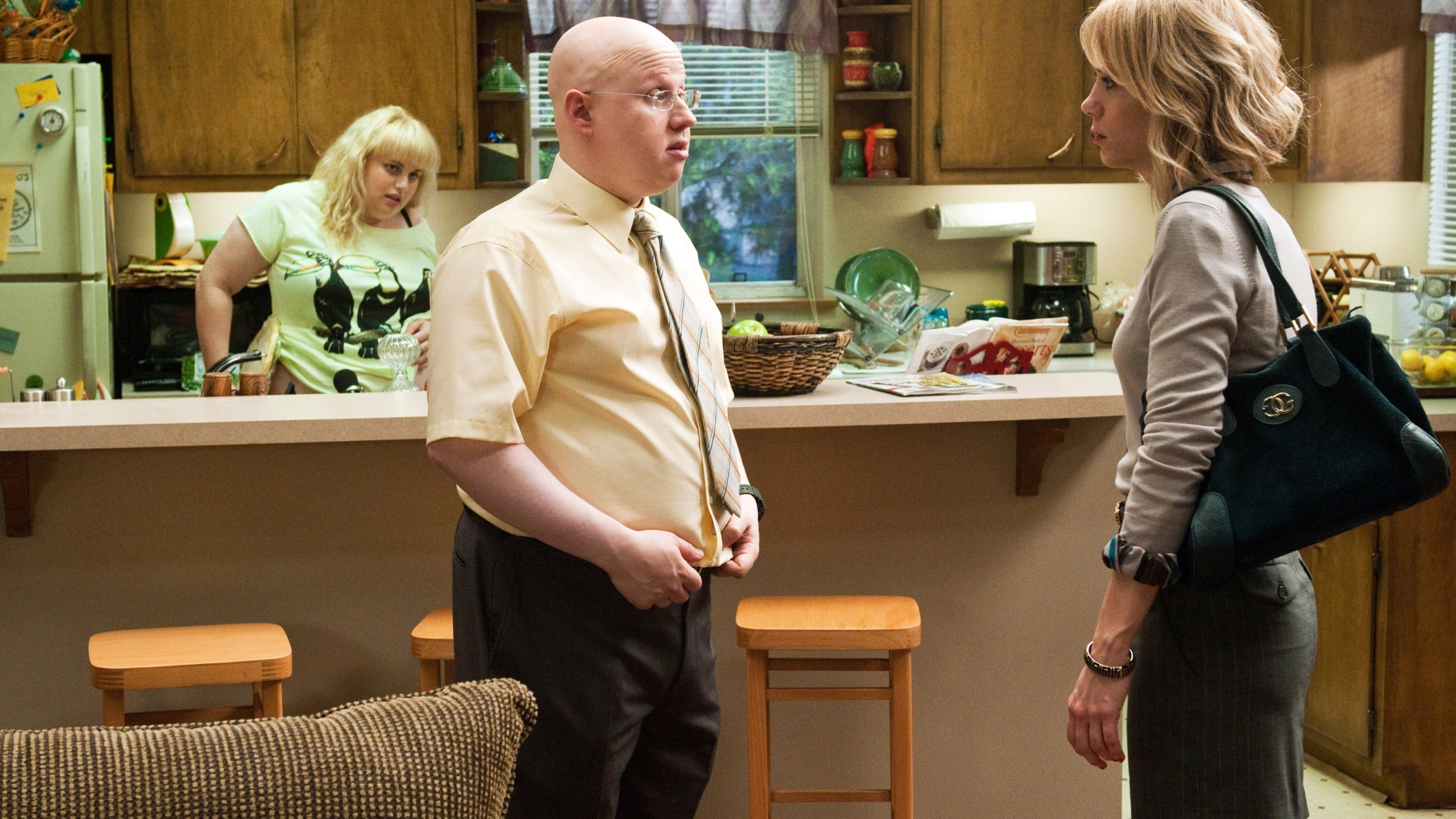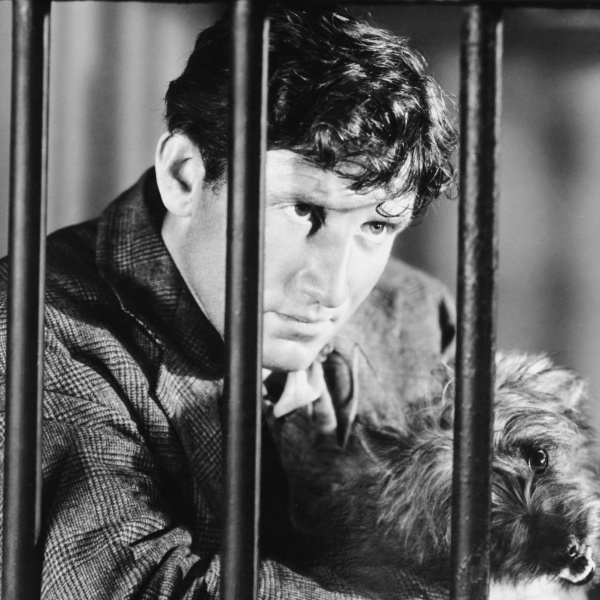Rebel Wilson is revealing that her “Bridesmaids” paycheck didn’t amount to much after joining the SAG-AFTRA union. The Australian actress said during the “Diary of a CEO” podcast with Steven Bartlett that the majority of her $3,500 salary for the 2011 comedy went to union fees. Wilson was on set for one week of work.
“That was my first job in America,” Wilson said. “I was very lucky to get it. I mean, what an awesome cracker of a movie, to get that but to be paid that little. And basically that $3,500, I then had to pay to the union to join the union. So, basically, I made no money.”
In fact, Wilson actually lost money for her part in the film due to press tour. “I lost money because I had to pay to go to the premiere to buy my dress and everything. So, I lost money doing ‘Bridesmaids,’” she said. “That was a really skint year where I was living on $60 a week in L.A. once I paid my rent and my car hire, and that’s not a lot of money. So I wasn’t partying or living this life. It was basically just having that focus trying to write for myself, going to auditions, and I had to wait a whole year until ‘Bridesmaids’ came out and then suddenly it comes out there’s this big hit.”
Wilson previously said on SiriusXM’s “The Jess Cagle Show” that she had auditioned for a larger part that was later played by Melissa McCarthy, and claimed she was “the second choice for that role.” That then led to her being cast in a smaller part as Kristen Wiig’s roommate.
“I guess they liked my audition and added me into the film, essentially, so there was never supposed to be two roommates, only one. So I just kind of added myself in a way to the scenes,” Wilson said.
Wilson isn’t the only actor looking back on the hard times that come with starting out in Hollywood. Chris Pine recently reflected on being cast in “Princess Diaries 2: Royal Engagement” in 2004 and feeling like he had finally “started working” as a professional actor after auditioning for years.
“I got that $65,000 and I just remember distinctly knowing in that moment that my life had changed somehow, even though $60,000 at the end of the day turned out to be about $15,000,” Pine said. “That [money] lasted no time at all.”






